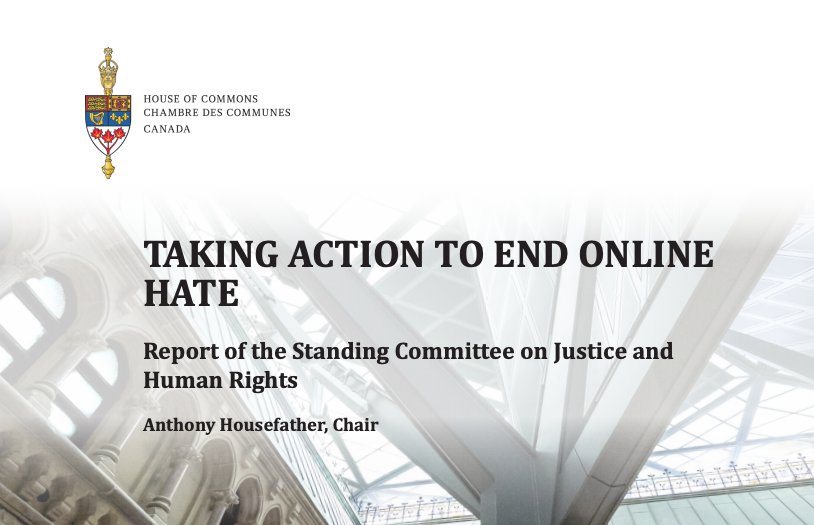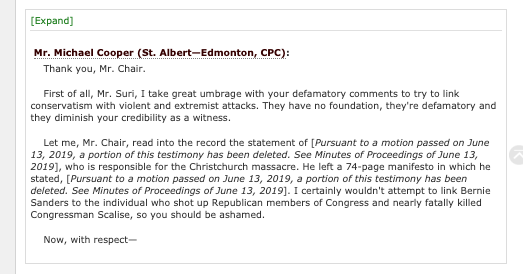First published at True North on July 9, 2019.
It was only a few weeks ago that a Canadian parliamentary committee recommended legislation to regulate online speech and social media platforms. Less than a week ago, Tommy Robinson was found in contempt of court over broadcasting commentary on and coverage of now-convicted sex grooming gang members.
This week, Canada and the United Kingdom team up to promote press freedom to countries around the world.
The first ever Global Conference for Media Freedom kicks off Wednesday in London. The summit is co-hosted by Canada’s foreign minister, Chrystia Freeland, and her British counterpart Jeremy Hunt.
There are undoubtedly issues facing journalists working in conflict zones and fundamentally unfree countries, which will be addressed at the conference this week. But I hope the affair doesn’t manifest as Canada and the United Kingdom resting on their laurels while telling everyone else how to do better.
I’ve been in London since last week covering Robinson’s trial, though the real purpose of my visit was to cover this press freedom summit. True North has been approved to attend, though this project wouldn’t have been possible without the generous financial support of True North supporters, who crowdfunded my costs in their entirety. As I said when that campaign launched, it’s paramount to stand up for free speech when those inclined to censor keep moving the goal posts.
We saw this in last month’s report from the Standing Committee on Justice and Human Rights, which recommended the House of Commons regulate online hate speech without defining it. And we’ve seen it from the government’s continued efforts to regulate the internet and digital publishers over “fake news” while Liberals accuse media coverage they don’t like of being fake news. Just a few weeks ago, Democratic Institutions Minister Karina Gould threatened to shut down social media companies that don’t hew to the government’s definition of misinformation, the government’s digital charter defines that, in part, as content that sows societal tensions – which any rigorous debate could.
Press freedom is free speech, for nothing should distinguish the right of a journalist to speak out on issues of importance from that of any ordinary citizen. I hope the governments involved in putting this summit together realize that.
It’s important not to mistake the need to protect media freedom with the idea of protecting market viability, however.
A look at the agenda for this week’s conference shows its organizers – the Canadian and British governments – have put considerable emphasis on “media sustainability,” with sessions like “What can governments do to increase Media Sustainability?” and “Why public media matters” listed among the scheduled events.
What I’m hoping will emerge from this conference is a dedicated commitment to free speech that can be adopted by Canada and the United Kingdom, and hopefully other countries willing to embrace such a focus in their domestic policies. Though I also want to see how the panelists, politicians and media organizations involved see solutions to the stated issues emerging, particularly if those proposed remedies involve government regulation of speech.


